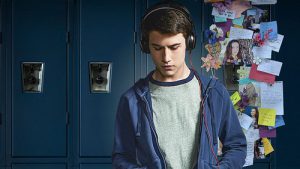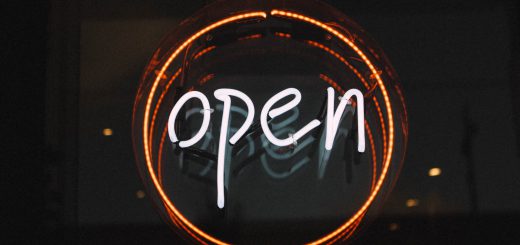13 Reasons Why
Trigger Warning: Discussion about Suicide
By now you’ve most likely heard about Netflix’s 13 Reasons Why (13RW). It is a very captivating show, but also raises questions about whether the creators did the right thing in the way they used a television show to talk about suicide and rape or sexual assault. The show is about a girl in high school (Hannah Baker) – who is bullied, sexually assaulted, and eventually commits suicide. She leaves behind 13 tapes (or 13 reasons) as a sort of revenge to the people she thought wronged her and who were ultimately responsible for her decision to end her life. It is possible this show will shed light on some very difficult and important topics, but unfortunately, it also has the possibility to cause harm.

Photo Credit: Portal Dylan Minnette Flickr via Compfight cc
Why might 13 Reasons Why be harmful?:
- We know that if teens are familiar with a lot of details or witness a suicide, this can lead to “copycat” behavior – the scenes in 13RW are very graphic – and there is report in Peru that this has unfortunately happened to a young man.
- Suicide is not a straight forward subject – TV shows can fantasize life – and in 13RW a teen might get the idea that they can get revenge on others through suicide – but this is not real life.
- The graphic scenes in 13RW of sexual assault can be very upsetting to someone who has been assaulted themselves and they may be re-traumatized (when a person relives a trauma and experiences their reaction again).
- In 13RW, Hannah makes a last-ditch effort to talk to a counselor, who is extremely unhelpful – however, we know that in real life, guidance counselors receive special training on what to do when someone talks about suicide. In all professions, some people are not very good at their job – but even in these cases, there is always someone to go to for help. See our crisis links for more information on who to contact.
While 13RW might help raise awareness about suicide and sexual assault, at SOVA we feel the risks of copycat suicide (and other risks) are too high. If you get the chance to watch the follow-up episode, 13 Reasons Why: Beyond the Reasons, it does a good job at addressing some of the concerns we mentioned above.
Also, help should not be hard for viewers to find. Vulnerable adolescents and young adults may need additional support and resources after watching the show. They are encouraged to reach out to any trusted adult such as a parent, counselor, teacher, or doctor. There is also a list of adolescent health providers on the Society for Adolescent Health and Medicine’s website. Lastly, crisis hotline numbers can be found by clicking here.
Have you watched the series? What are your thoughts? If you have any questions or comments about the subject of today’s blog post, please let us know! We’d love to hear from you!




Recent Comments